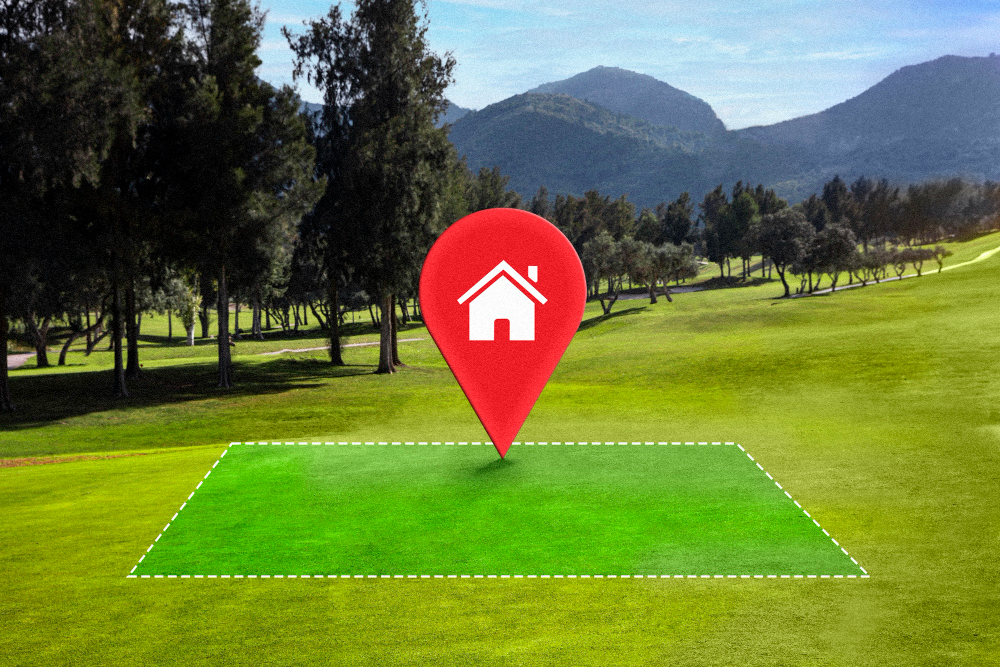
The real estate market in Bangladesh has evolved rapidly over the past decade. With growing urbanization, economic development, and population expansion, the demand for residential plots has soared—especially in cities like Dhaka, Chattogram, and Sylhet.
While the price of land continues to rise in urban centers, rural and suburban areas are gaining traction due to better road networks, digital connectivity, and a growing trend of building second homes or retirement residences away from city noise.
Buying land in Bangladesh is not only a personal dream for many but also a strategic investment move. The legal and procedural landscape, though complex, can be navigated smoothly with the right guidance.
Land is one of the few assets that almost always appreciates in value over time. In Bangladesh, the urban sprawl and infrastructure development are driving up land prices, making residential plots an attractive long-term investment.
Owning a residential plot gives you the freedom to build at your own pace, design your dream home, or even resell at a profit. For NRBs, it's also a way to stay connected to their roots and have a safe haven for the future.
The capital city is the most sought-after, but also the most expensive. Areas like Bashundhara, Purbachal, and Uttara are hotspots for new plot buyers.
This port city offers strategic advantages, booming infrastructure, and reasonable pricing in areas like Halishahar and Anwara.
Ideal for NRBs, Sylhet has a large diaspora population. Gulapganj and Beanibazar are popular among overseas buyers.
Places like Mymensingh, Gazipur, and Rajshahi are fast developing and offer competitive land rates.
Every land transaction must be registered with the Sub-Registry Office. This process includes stamping, registration fees, and signing before the registrar.
Ensure the land title is free from encumbrances and that the seller is the rightful owner.
After purchase, mutation is necessary to reflect the new ownership in government records. Also, ensure no land tax is pending.
Request a certified copy of the title deed and compare it with the seller’s documents.
Local land offices and union parishads can verify boundary disputes, previous sales, or upcoming government acquisition plans.
Always work with reputed developers registered with REHAB (Real Estate & Housing Association of Bangladesh).
Agents usually charge 1-2% of the deal. Ensure all agreements are in writing and legally binding.
Dhaka prices can range from BDT 5,000–25,000+ per square foot depending on the area. Prices are significantly lower in semi-urban regions.
Expect registration fees (~10%), legal consultation costs, and potential land development charges.
Many local banks offer land purchase loans for up to 70% of the land value.
If buying via developers, installment-based payment plans with EMI options are available, especially for NRBs.
Before purchasing, it's crucial to check the zoning regulations for the plot. Residential plots must not fall under commercial, agricultural, or restricted zones. The Rajdhani Unnayan Kartripakkha (RAJUK) and local authorities can confirm the land use classification.
Certain regions are prone to flooding or may be designated as ecologically critical areas. Always inquire about environmental risks, drainage systems, and whether the plot falls under any government-imposed development restrictions.
Non-Resident Bangladeshis are allowed to purchase land in Bangladesh. However, all transactions must be made through official banking channels, and proof of remittance is often required. NRBs are also advised to have a trusted local representative or legal counsel.
While there are no additional taxes for NRBs, regular land transfer fees and registration costs apply. It's important to maintain a valid TIN (Tax Identification Number) if you plan on developing or selling the land later.
Inspect the land personally or through a trusted representative. Look at access roads, neighborhood conditions, and existing infrastructure.
Once the plot is chosen, draft a Sale Agreement (Baina Nama) with a clear clause on advance payments and terms.
Complete the transaction through the Sub-Registry Office. Pay the stamp duty, registration fee, and have both parties sign before the registrar. Obtain a certified copy of the registered deed.
Unscrupulous sellers may offer forged documents or sell disputed land. Always check the title history and ownership chain.
Beware of developers without REHAB registration or those offering land without proper RAJUK or local authority approval. Check project licenses and previous customer reviews.
A local property lawyer can help avoid costly legal battles by vetting documents, performing due diligence, and checking for any litigation pending against the land.
Lawyers ensure all paperwork, registration, mutation, and tax issues are handled correctly—saving you time and protecting your investment.
Secure your land with boundary walls or fencing. It deters encroachment and gives visual confirmation of ownership.
Land taxes are payable annually and must be up-to-date to avoid penalties or government notices. Keep records of all tax payments.
The government is investing heavily in smart cities, economic zones, and metro rail projects. These developments will further drive up demand and prices of residential plots in nearby areas.
By 2030, over 50% of Bangladesh’s population is expected to live in urban areas. This shift will keep residential land in high demand, especially in peri-urban zones with new housing societies.
Buying a residential plot in Bangladesh is a powerful investment for the future—whether you're planning to build a home, secure your children's legacy, or simply diversify your financial portfolio. While the process can seem complex, following legal protocols, conducting proper research, and working with reputable professionals makes the journey smooth and rewarding.
As urbanization continues and infrastructure projects expand, there's no better time than now to buy residential plot in Bangladesh. It’s not just a financial investment—it's an investment in your peace of mind and future prosperity.